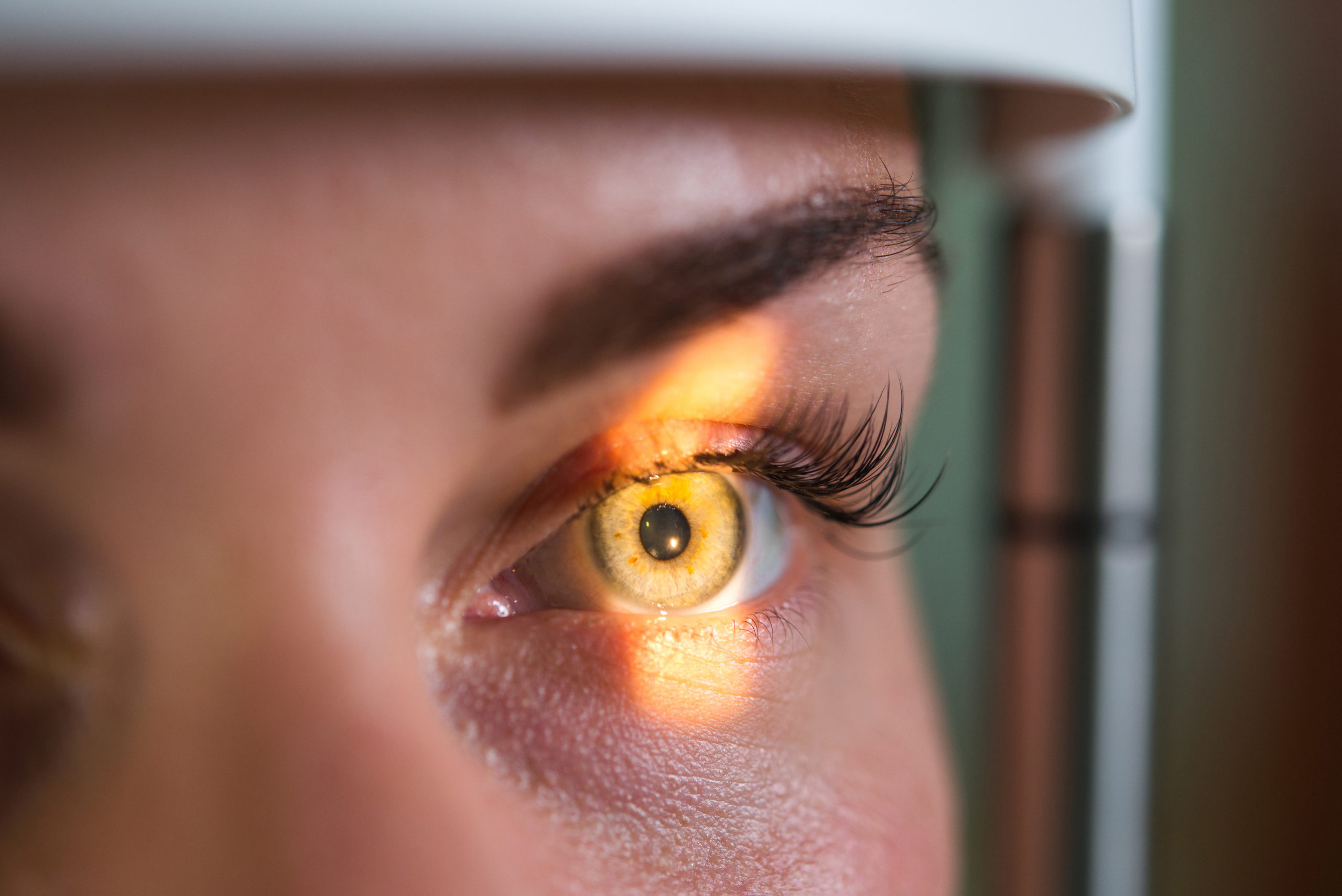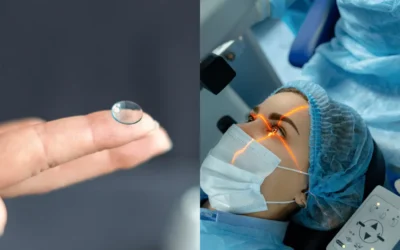If you or someone you love have diabetes, you need regular eye exams. Diabetes affects how your body uses blood glucose (or blood sugar). Glucose is vital because it provides energy for your body and your brain. Normally, when you eat and your blood sugar rises, your pancreas releases insulin to move the glucose from your blood to your cells. With diabetes, the pancreas either doesn’t make enough insulin or the body can’t use the insulin correctly, so the glucose stays in the blood. Over time, the high levels of glucose in the blood can damage the blood vessels in the body, including the eyes.
Diabetic eye disease can damage the eyes and result in poor vision or blindness, and often there are no symptoms in the early stages. Anyone with diabetes can develop diabetic eye disease, but the risk increases if blood sugar levels and/or blood pressure levels aren’t controlled.
Diabetic retinopathy
The most common reason for vision loss in diabetics is diabetic retinopathy. It affects the blood vessels in the retina, which is the light-sensitive layer in the back of the eye. In the early stages of the disease, there may not be any symptoms. However, as the blood vessels start to bleed into the vitreous, which is a gel-like fluid that fills the eye, you may notice dark, floating spots or streaks in your vision. The risk of developing diabetic retinopathy increases the longer you have diabetes.
Cataracts
While cataracts are common when people get older, they can happen to diabetics at an earlier age than people without diabetes. Cataracts cause the front part of the eye to become cloudy and can make vision blurry or hazy, cause colors to seem faded, reduce night vision, increase sensitivity to light, and lead to vision loss over time.
Diabetic macular edema
Diabetic macular edema is a build-up of fluid and swelling in the macula, which is the part of the retina used to see clearly while driving, reading, and seeing faces. This disease can damage the vision in this part of the eye, and lead to either partial vision loss or blindness.
Glaucoma
Diabetics have an increased risk of developing glaucoma. Glaucoma is a group of eye diseases that damage the optic nerve and is called “the silent thief of sight” because it can begin with little to no pain or symptoms. The only way to catch it in the early stages is through regular eye exams.
Diabetic eye exams
Diabetics need regular eye exams to avoid vision loss or other eye problems, many of which have no obvious symptoms in the early stages. The doctors at The Eye Center have the expertise and the latest technology, allowing us to provide high-quality eye health and vision care for people with diabetes. We offer comprehensive eye exams in Pembroke Pines to detect early signs of diabetic eye disease and start treatment early when it is most effective. Book an appointment at The Eye Center in Pembroke Pines for a diabetic eye exam today.





